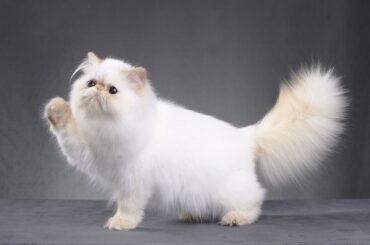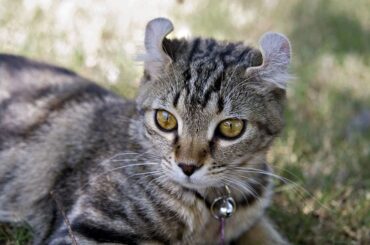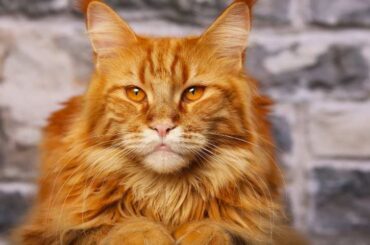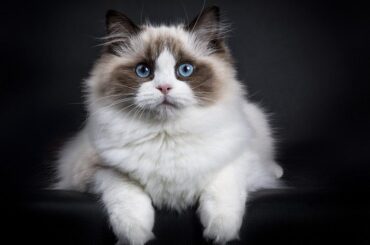Malnutrition in cats is caused by a lack of calories, true protein, or micronutrients. Malnutrition in cats can be caused by underlying health conditions, such as an illness or disease that makes it difficult for the body to absorb nutrients. Malnutrition can take many forms, ranging from animals not getting enough food to grow and thrive, resulting in deficiencies such as cats being underweight or having growth problems, to wasting away malnutrition in cats. Malnutrition in cats is a difficult illness for both you and your cat, especially if it is a long-term issue.
The much more common consequences of malnutrition in cats are nutrient deficiencies, whether it’s a problem absorbing important nutrients or micronutrients, or a lack of a varied variety of nutrients required for good health. All of this can lead to a slew of other health issues. The more nutrients you can get from genuine food, the better off your malnourished pet will be. Real food, not chemical-based or genetically engineered foods, provides true nutrients.
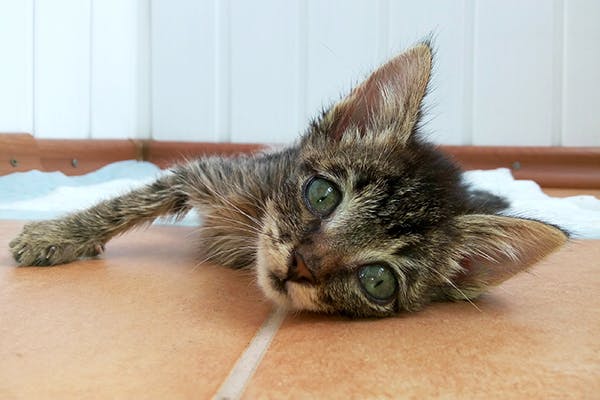
Instead of adopting a broad response to the situation with an all-in-one synthetic supplement, take the time to figure out which nutrients your cat is deficient in and then look to find the lost elements. Don’t overlook the significance of this for your cat’s lengthy future health.
Because cats are carnivores by nature, meat proteins are preferred over plant proteins. As a result, meat must be a significant part of your pet’s diet. Malnutrition in cats is most commonly seen in stray cats, but it can also occur in cats who are beloved parts of a household. As a result of starvation, the skin will become scaly and dry over time, and the nails will become caved in. Your pet’s fur will start to fall out in patches, and if it grows back, it will be a different colour. The earliest signs of starvation include loss of fur, dry and rough skin, and curved nails.
Reasons for malnutrition in Cats include, Poor diet, Low-quality cat food, incorrect diet, underfeeding, overfeeding particular foods or little diversity, competing for food, mistreatment, underlying medical issue, age, Infestation of parasites, Infestation of worms, mouth blisters, and stomach or intestinal obstruction.
The most common cause of malnutrition in a cat is that he isn’t getting enough food or is getting the wrong kind of food. Malnutrition is common in cats who are fed home-cooked food or a largely vegan/vegetarian diet. Calcium, important vitamins like Vitamin E, and minerals like copper, zinc, and potassium are all deficient in these diets.
Furthermore, homemade food is typically prepared in vegetable oil, which is unpleasant to cats, resulting in a food intake deficiency. Fish and liver are favorites among cats. Too much liver, on the other hand, can cause vitamin poisoning, while too much fish can cause thiamine deficiency.
Table of Contents
Symptoms of Malnutrition in Cat
Malnutrition in cats includes weight loss, muscular weakness, poor coordination, fatigue, diarrhea, flatulence, lethargy, depression, neurotic behavior, lack of grooming, dry and scaly skin, runny or hard feces, swelling of gums, failing eyesight, impaired immune response, organ failure, and death.
Your pet will become skeletal if the malnutrition is not addressed. Through the skin, the shoulder blades and spinal vertebrae will be apparent, and the bones will protrude. The stomach will contract and flatten. A prolonged period of starvation might lead to organ failure. Malnutrition has a negative impact on the liver. A large buildup of fat in the liver might occur as a result of metabolic dysfunction.
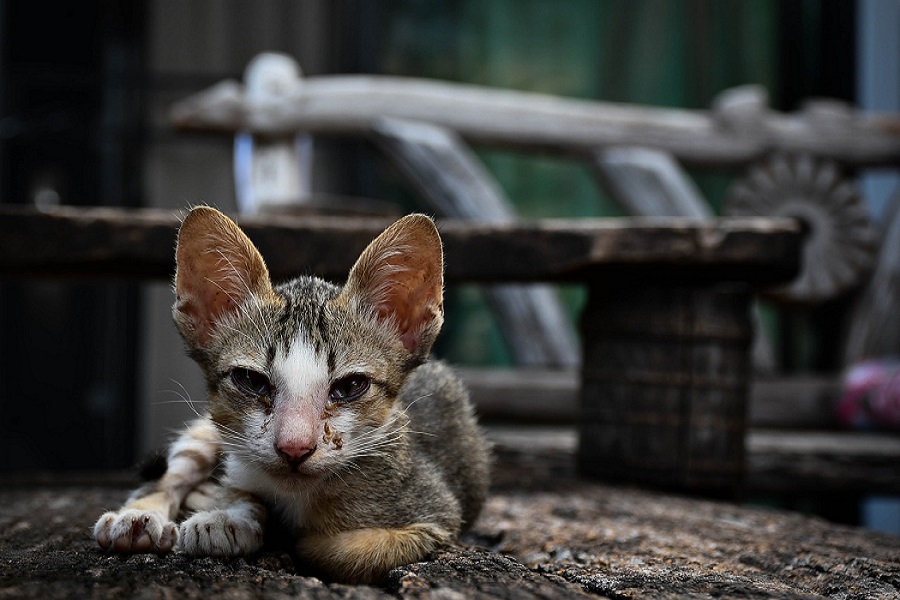
Hypoglycemia can occur as a result of this, as well as a decrease in insulin production and release by the liver. As a result, the liver is unable to perform its normal tasks. It’s critical to provide your pet with a good and balanced diet, and it’s preferable to feed him commercial food rather than homemade food. This is because commercial food has the entire basic nutrient required.
Management of Malnutrition in Cat
Identifying the fundamental reason for your pet’s malnutrition will define the course of action, and hopefully, you’re working closely with your veterinarian to get your pet back on track. Check to see if the food you’re feeding your pet is appropriately balanced and full for optimal health, not just to keep them alive.
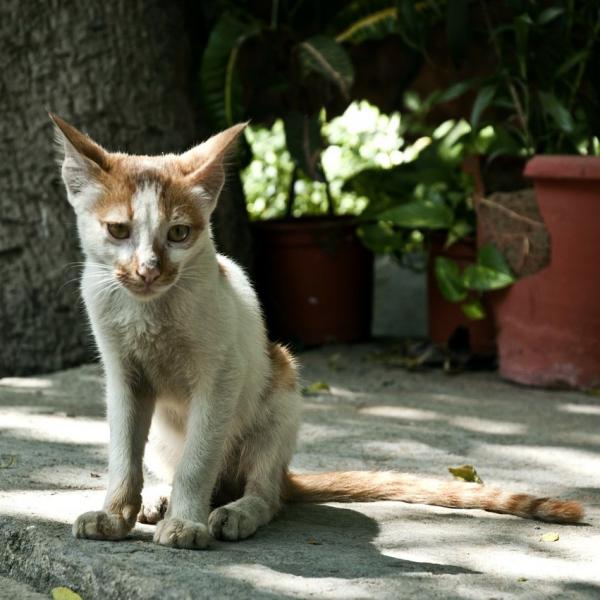
Make sure your cat has enough warmth and a really comfy bed, and that you’re aware of the components in his or her food. Most malnourished pets lack the body fat required to keep warm, and their jutting bones make resting difficult and painful for their joints if they must lie on hard surfaces. Natural supplements such as probiotics and digestive enzymes aid in the recovery and maintenance of the digestive system, allowing it to perform at its best.

